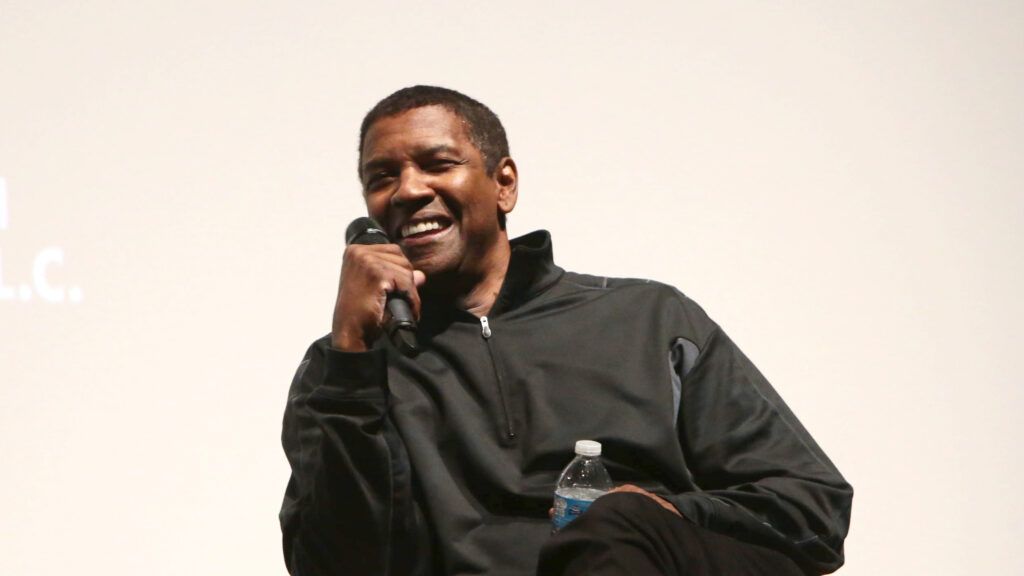Brooke Obie: Thank you so much for coming and talking to us today at Guideposts. What we really loved about this film, Roman J. Israel, Esq., was that it has this great element of a crisis of faith.
Denzel Washington: Right.
BO: And I think that’s something that so many of our viewers and readers can relate to, so what was it about this character and this story that you wanted to tell?
DW: Just the fact that his name was Roman Israel, and who knows what the J stands for? Joseph? Joe? Jesus? Jehovah? He has faith in the law, so he’s Old Testament.
[film clip]
Judge: I’m going to hold you in contempt if you continue to pursue this.
Roman: You’re asking me to obey an erroneous court decision. You tell me to wait; in my experience wait means…
Judge: [bangs gavel] OK, I find you in contempt.
[end film clip]
Dan Gilroy: Almost biblically, he’s been carrying this faith, and events conspire. The world breaks him.
[film clip]
Roman: You’re firing me? … I’m tired of doing the impossible for the ungrateful.
[end film clip]
BO: When Roman loses hope, Carmen Ejogo’s character, Maya, reminds him to keep the faith.
Carmen Ejogo: There’s some people, though, who just wake up and they know that they have to contribute and they have to be of service to others, and I think Myra’s one of those people that understands that it’s not someone else’s work. It’s her job, even if it means that there is burdon and sacrifice and things that she has to give up.
DG: My conscience is convicting me all the time that I’m not doing enough, so I’m in awe of people who who pursue things selflessly for a cause and have a belief and faith in something bigger than themselves. It’s a beautiful thing; it gets you up in the morning and it guides you and keeps you steady, but there’s a price that gets paid at that at times. I’m sure many of your viewers and listeners understand. You carry this around, and the world doesn’t support it a lot of times; you don’t get any kudos for it, you don’t get any reward for it.
CE: Yeah, I’ve felt like that a lot in my career, it’s like, well, where is this going? But if I remind myself why I got into it, that it wasn’t necessarily about accolades or appreciation from the outside in, it’s really about do I feel good about the body of work I’m putting together? If my work feels like it makes any small contribution to making somebody else think or feel or feel better, then I can justify the bad days.
BO: What would you say that you want viewers to walk away from this film with?
DW: Don’t step over Roman Israels. You know, they’re out there; not everybody is smooth and sexy, you know, and give people a chance. Fight for what you believe in; reach out and help others. I wish I had the conviction that he does. That ought not be rare–and maybe it’s not, but it’s not necessarily celebrated. But it’s ok that it’s not celebrated; do it anyway.





